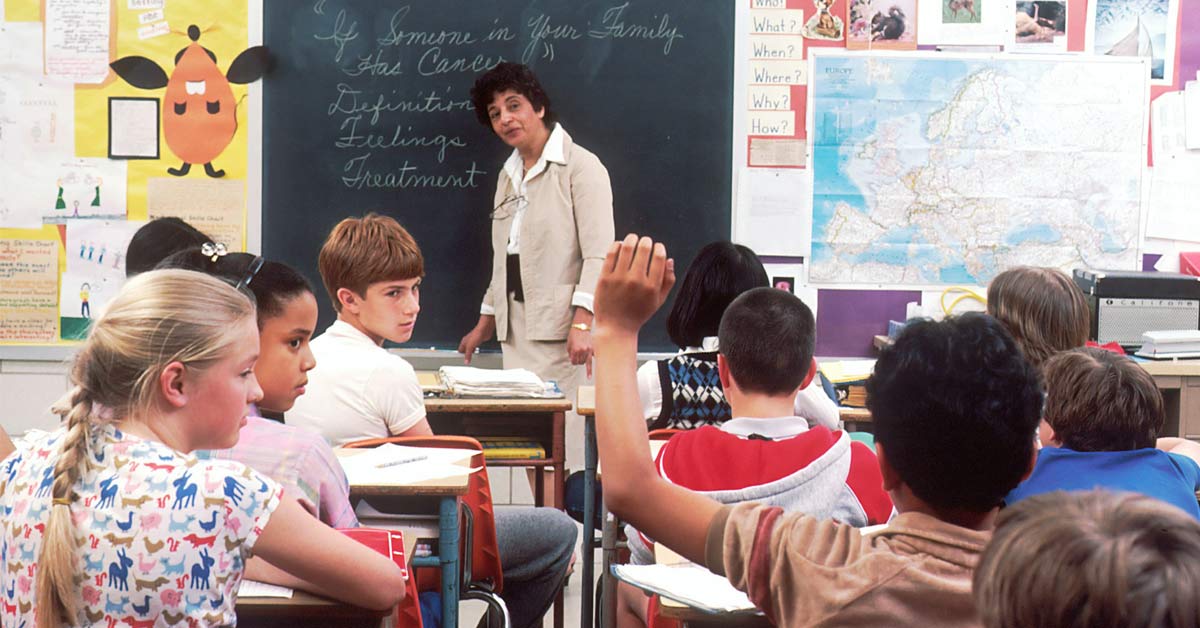Managing student behaviour is one of the most challenging aspects of teaching. However, there are many strategies schools can use to create a positive classroom environment that encourages good conduct. Establishing clear expectations, making lessons engaging, rewarding positive behavior, and responding calmly to misbehavior can make a big difference.
Establishing Clear Rules and Routines
One of the most effective ways for schools to improve classroom behavior is to establish clear rules and routines right from the start of the school year. Try to involve students in setting classroom rules so they feel ownership over them. Rules should be few in number, positively framed, easy to understand, and consistently enforced.
Establishing set routines for activities like entering and exiting the classroom, requesting bathroom breaks, and group work will help students know what to expect and reduce disruptive behavior. You can use visual aids like posters and charts to reinforce rules and routines.
Providing Engaging Lessons
Boredom is a huge contributor to misbehaviour in the classroom. Reduce off-task actions like chatting or goofing around by making lessons as stimulating and interactive as possible.
Varied activities, group work, games, visuals, and technology can all help engage students. Pacing lessons well, taking short breaks, and sprinkling in surprises also help keep students’ attention. Differentiating instruction and providing choice helps ensure all students remain challenged and interested at their skill level.
Using Positive Reinforcement
Rewarding good behavior is usually more effective than punishing bad behavior when looking to improve classroom conduct. Take notice of students following rules and exceeding expectations, offering praise, rewards, and privileges in response. This positive reinforcement helps develop intrinsic motivation in students to keep displaying desired behaviors.
Simple rewards like free time, stickers, or certificates often work well. Behavior tracking charts with cumulative rewards can also incentivize students to manage their own actions. Calling home to give parents positive feedback on their child’s behavior can be very motivating too.
Responding Calmly to Misbehaviour
Aim to respond to disciplinary issues in a calm, consistent and private manner, following the classroom rules for consequences. Reacting emotionally or publicly shaming students can compound the bad behaviour by provoking resentment or showing students it pushes the teacher’s buttons.
Minor issues can often be addressed with non-verbal cues like eye contact or proximity. For ongoing behavioral problems, you can take time to understand the underlying cause and take a targeted approach, which may involve counseling, adapted lessons, or family contact. In some cases, using a behavior intervention plan template can aid with creating structured strategies tailored to individual students to help prevent recurring issues. Ultimately, removing triggers, accommodating needs and building relationships can reduce conflict.
Using Canine Mentors in the Classroom
Trained therapy dogs in schools as part of a canine-assisted program can improve pupil behavior, motivation, and emotional well-being. Research shows interacting with dogs lowers stress hormones and increases social interaction. Walking and reading to a calm, friendly dog provides a soothing activity for agitated children. Stroking a dog can help angry or upset students self-regulate their emotions.
Therapy dogs attend lessons and breaks, providing a reassuring presence and positive motivation for children, including those with special needs. Students instinctively moderate their behavior to avoid upsetting the dog. Responsibility for feeding, grooming, and walking the dogs also nurtures teamwork and life skills. Handled properly, dogs from the Dog Mentor in schools have many benefits for classroom behavior and relationships.
Implementing behavior management strategies consistently across the whole school is key for creating an environment where students feel secure and ready to learn.






